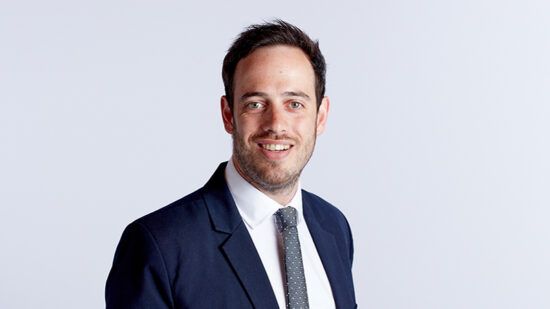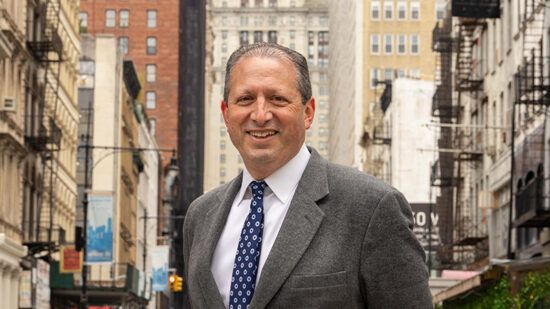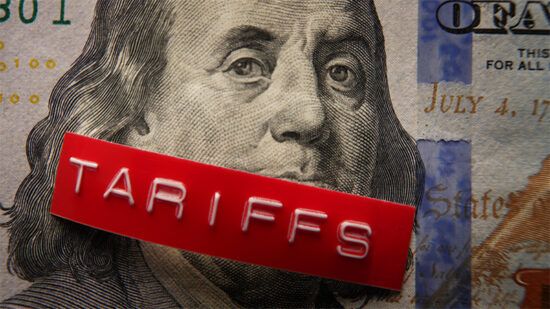In the early days of what most call today impact investing or ESG investing, there wasn’t much press, good or bad.
There were occasional articles about socially responsible investing that primarily discussed investment practices by religious groups or socially conscious people. Established investment traditions seemed to be etched in stone.
But by the 21st century, impact and ESG investing had become too big and widely adopted to be treated as a sideshow by mainstream or financial media.
During the same years that impact and ESG investing was developing its own pedagogy, mainstream investing was busy booming and busting its way through the dot.com, Enron, subprime, Bernie Madoff and other bubbles.
The relationships between investors and management as well as those between asset owners and asset managers evolved.
Accountability and transparency took their rightful seats at the table. The media took notice, and coverage became more frequent and nuanced.
Recently, that attention has entered a new phase. ESG and impact are being credited, or more often blamed, for just about everything. Here are some headline examples:
“Sustainable investing failed its first big test. A reckoning is coming.” — Barron’s, April 17
“Russia’s attack casts huge shadow over future of ESG”— Bloomberg, March 9
“War in Ukraine reveals flaws in sustainable investing”— The Wall Street Journal, March 27
“Texas and other states want to punish fossil fuel divestment”—NPR, March 16
“Pence rips socially minded investing, wants to ‘rein in’ ESG”— Bloomberg, May 11
“ESG investing caused Will Smith to slap Chris Rock”— Well, that one hasn’t appeared yet, but you get the idea.
Was WC Fields talking about impact and ESG investing when he said that derogatory rumors were “the price of greatness?” A lot of criticism, warranted and not, comes with the expanded visibility of going from a movement to the mainstream.
Why the rush to call impact and ESG investing a failure and declare it time to go back to the good old days?
Has too much power swung to investors and away from corporations?
Is the movement toward lowering our dependence on carbon entering a chapter that causes the fossil fuel sector to lash out?
Is growing support for separating the board chair and CEO roles hitting the big shots where it counts?
Throughout history, threats to the status quo have met with backlash and unfounded accusations.
Make no mistake, the growth of this space is indeed a call for fundamental and structural changes in the practices of global businesses and the ways they interact with stakeholders.
It is not “political” in the sense of being aligned with specific legislation or one party or another.
Rather, it is closer to the original Greek word “polis” which refers to action guided by collective decision-making of the community.
Free and fair capital markets have always been governed by shared values – the difference is those values are beginning to be more reflective of beliefs about climate change, corporate responsibility, DEI and individual rights.
Impact and ESG investing supporters and practitioners must stay aware of criticisms.
No one ever claimed it was a guaranteed path to stellar returns and global harmony. Weathering underperformance and being in occasionally out-of-favor sectors come with the territory — of any investment strategy for that matter.
An investor with a well-constructed, mission-aligned portfolio understands and accepts that they will experience poor relative quarterly numbers in a market environment that favors oil and gas companies.
Bring it! That isn’t a bug in impact and ESG investing, it’s a feature. Far more important than short-term performance is the longer-term benefit of investing to be part of a better world.
Investing for the future means investing in the transition away from carbon and in climate change mitigation solutions.
There are perils of greenwashing. Supporters and advocates of ESG do well to trust, but verify. If promises are being made, follow up. If goals are set, demand updates and reports.
And let’s stay rigorous with our labeling.
Negative screening, impact investing, bottom-up portfolio construction – these are all terms of art that refer to different segments of our industry.
Others may lump them all together, but it is important to make distinctions and clarifications.
Those of us who have spent decades in the impact and ESG investing wilderness may feel that we have reached the promised land. We have not.
It may seem tempting to declare victory, but that would miss the broader point, which is to be a force for change over time and to work continually at expanding the frontiers.
Pioneers keep pushing – if they stop, they become settlers.
David Sand is chief impact strategist at Community Capital Management.








